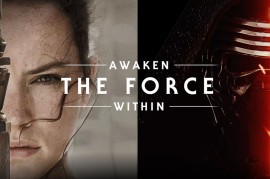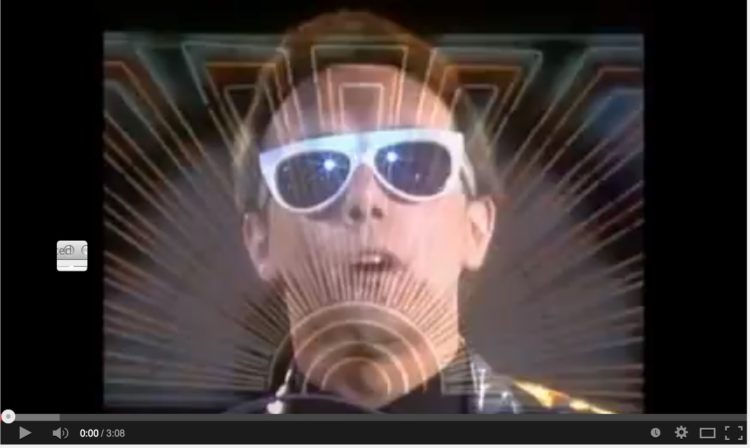When HBO announced it will begin offering new video streaming service without a cable subscription, we asked Prof. Raphael Thomadsen about the impact on the television industry. The associate professor of marketing predicts a quick ripple effect.
“We will likely get an acceleration towards unbundled channels, driven not by the cable companies but by the channels themselves,” said Thomadsen, whose expertise includes pricing, game theory and the effects of new product introduction on rival companies and profits (Watch video). “Already CBS has announced that it, too, will offer its own streaming service. While CBS’ decision will probably have little direct impact on this market, it reflects the thinking that many other channels will follow suit.”
What will these changes mean for consumers? It could go either way, according to Thomadsen.

Thomadsen
“The bottom line is that some consumers will win and some will lose. The change towards à la carte pricing will lead to higher per-channel prices. Right now, the cable companies can negotiate lower prices with the channels because they can argue that while some customers who watch the channel get a lot of value from it, other customers who watch the channel only get a small surplus from watching. (That is, they may watch a show on the channel because it is available to them, but if the channel were not available to them, they would switch to another show on another channel and get a similar level of satisfaction.) Thus, customers that like watching shows on a broad range of channels benefit from the current bundling by getting each station for a lower price than they will get under à la carte pricing.
“On the other hand, consumers who watch only a few channels of television will benefit because they will not have to pay fees for channels they do not watch. This is especially true for consumers who do not watch expensive channels like ESPN.”
While Thomadsen predicts consumers will be modestly better off with à la carte programming, he cautions that any savings may soon be offset by increased Internet bills.
“Right now, cable is still the best way to receive Internet service,” he said. “Cable companies may respond to the decreased cable revenues by increasing the costs of Internet service. Further, it is possible that the breadth of television programming will shrink, as there are likely to be a few networks that become stars, while many of the other smaller networks will likely lose their revenue streams that they attained from the larger viewing audience they received from being a part of a cable package.”
The biggest losers, Thomadsen predicts, won’t be consumers or networks, but rather, the cable providers.
“If it were more profitable to offer à la carte pricing, the cable companies would have done this long ago,” he explains. “Perhaps because the cable companies have long been monopolists, or close to monopolists, customer service at most providers has been poor. Thus, many customers will be happy to dump the cable companies if they have a viable option to do so. However, I would expect it to take a while for this impact to be felt in the market.”
– Julie Hail Flory, WUSTL Newsroom
Image: Buggles, Video killed the radio star, 1979
 “Right now even casual fans are willing to pay more,” Raphael Thomadsen, a marketing professor at Washington University in St. Louis, told NBC News.
“Right now even casual fans are willing to pay more,” Raphael Thomadsen, a marketing professor at Washington University in St. Louis, told NBC News.




